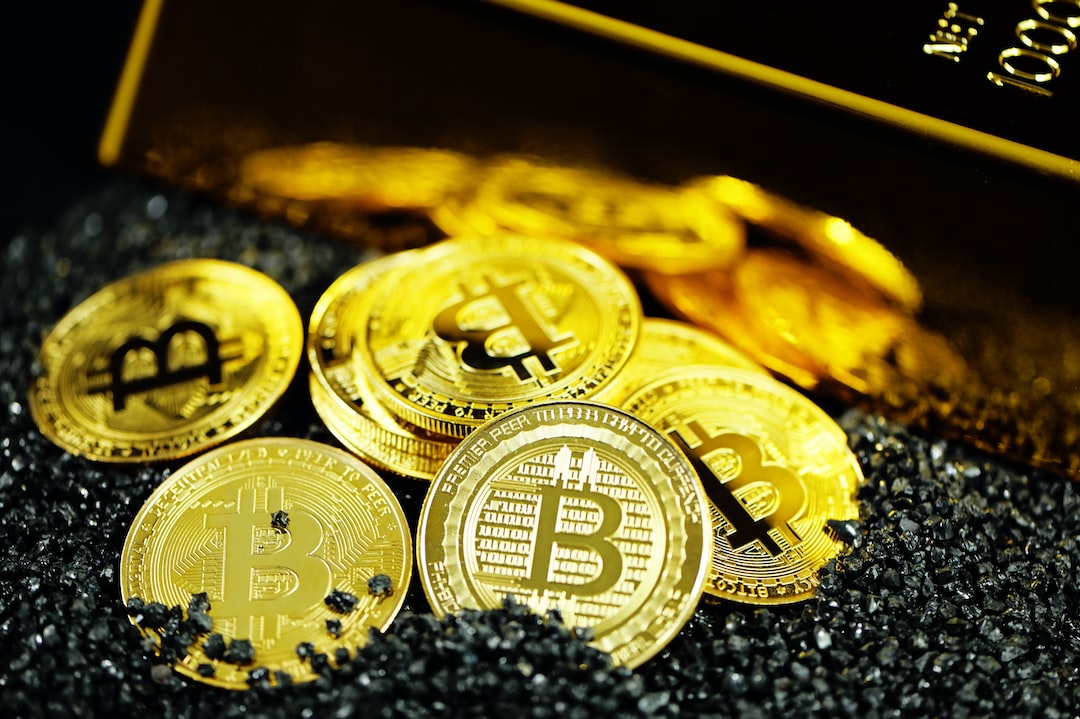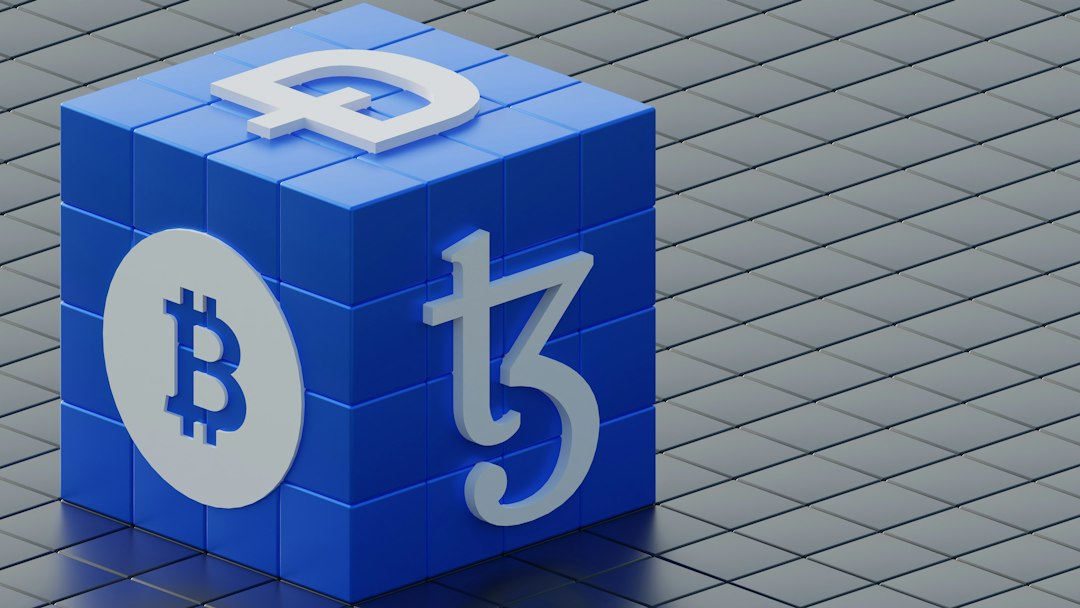The Role of Blockchain in Fighting Climate Change
Dominic Williams, founder and chief scientist at Dfinity, believes that blockchain technology has the potential to contribute to the fight against climate change. He points out that the decentralized and trustless nature of blockchain gives it a unique ability to assist in this area.
Introducing Voluntary Recycling Credits (VRC)
Williams highlights the Voluntary Recycling Credits (VRC) initiative as an example of how blockchain can be used for environmental purposes. VRC is a global standard that incentivizes multi-material recycling. It operates on the Internet Computer (ICP) network, which is fully on-chain and does not rely on traditional tech like cloud services.
Secure and Transparent Data Verification
Blockchain networks like ICP provide trustless infrastructure that eliminates the need for third parties and enables secure and transparent data verification. This can be leveraged to ensure proper recycling and waste handling by tracking materials from origin to destination.
The Importance of Trust in Recycling
The ICP powers auditable and secure transactions between waste offsetters and recycling companies, allowing waste producers and recyclers to trust the credits they purchase, sell, or trade. This ensures the veracity of the credits and promotes a more reliable recycling system.
Hot Take: Blockchain’s Potential Impact on Climate Change
Blockchain technology has the potential to revolutionize efforts to combat climate change. By providing a decentralized and trustless system, blockchain can enable secure and transparent tracking of materials, incentivize recycling through initiatives like Voluntary Recycling Credits (VRC), and eliminate the need for intermediaries. With its potential to disrupt traditional systems, blockchain offers a promising solution for creating a more sustainable future.





 By
By
 By
By
 By
By


 By
By